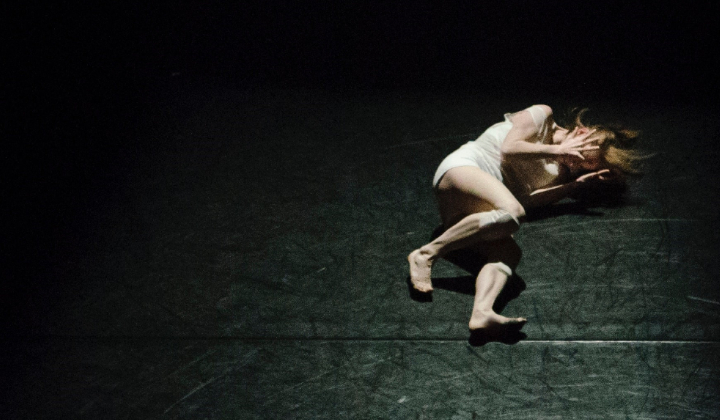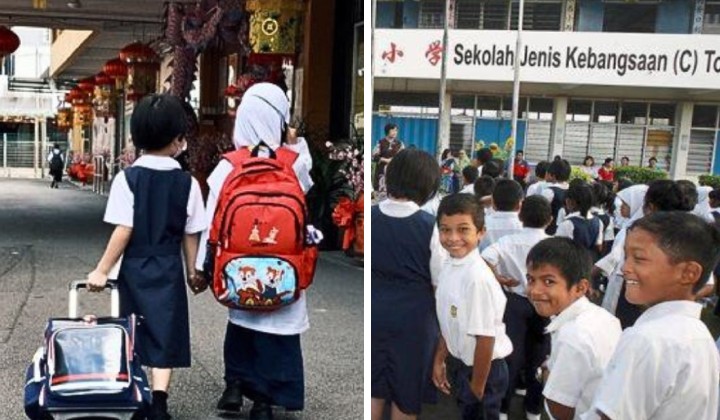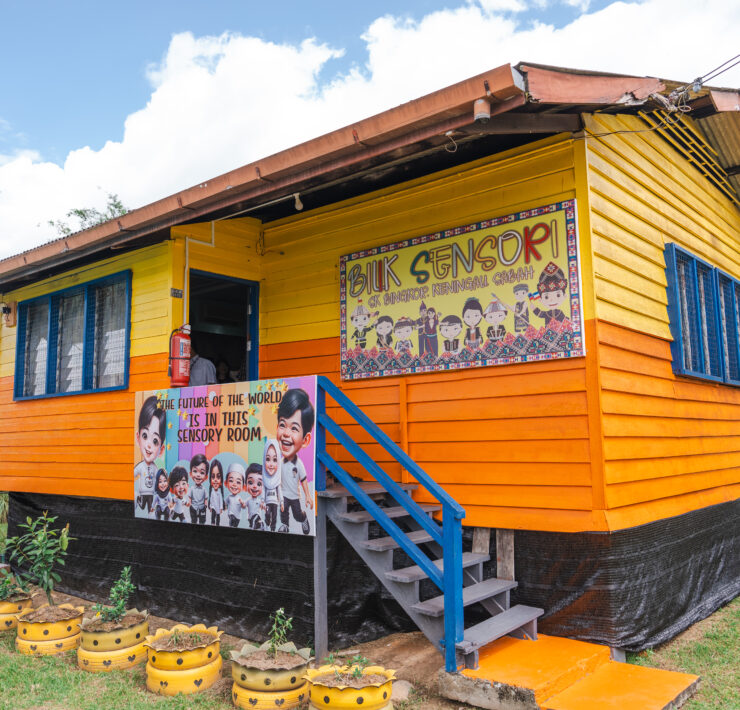How To Spot If Your Child Has Been Abused

Subscribe to our new Telegram channel for the latest stories and updates.
Abuse, either physically, mentally or sexually is never good for a child. It’s detrimental to their health, and can cause serious repercussions in the future.
Recently, the police are on a manhunt to find an Ustaz in Kuala Selangor who allegedly caused multiple bruises on a 13-year-old boy.
Seeing news like these makes us worry about our children’s safety even when they are in established institutions like a school or nursery.
Below are some of the ways for you to find out if your child has been abused, we’ve compiled them into a list so can be more alert of your child’s strange behaviour :
Signs of physical abuse may include:
- Bruises, welts, or other injuries that can’t be explained or don’t match with the child’s story
- Burns, especially from cigarettes, that can’t be explained
- Injury marks that have a pattern, like from a hand, belt, or other objects
- Injuries that are at different stages of healing
- Medical or dental issues that go untreated
Kids who’ve been physically abused may also:
- Avoid any kind of touch or physical contact
- Be afraid to go home/school
- Seem to always be on high alert
- Wear clothing that doesn’t match the weather — such as long sleeves on hot days — to cover up bruises
- Withdraw from friends and activities
As for sexual abuse, do take note of these signs:
- Avoiding a certain person for no clear reason
- Bloody, torn, or stained underwear
- Bruising or bleeding around the genitals
- Pain or itching around the genitals that might cause problems walking or sitting
- Pregnancy or STDs, especially for boys and girls under 14 years old
- Refusing to change clothes in front of others
- Running away from home
- Sexual activity or knowledge that people usually have only when they’re older
Signs of emotional abuse may include:
- Constant worry about doing something wrong
- Speech problems or delays in learning and emotional development
- Depression and low self-esteem
- Doing poorly in school
- Extreme behaviour, such as being way too obedient or way too demanding
- Headaches and stomachaches with no clear cause
- The child doesn’t seem close to a parent or caregiver
- Showing little interest in friends and activities
Signs of neglect may include:
- Always looking dirty
- Being left alone or in the care of other young children
- Eating more than usual at a meal or saving food for later
- Doesn’t get medical, dental, or mental health care
- Missing a lot of school
- Poor weight gain and growth
Do take note if your child has exhibited one, or some of these behaviours, it might mean that he or she is distressed, or worse, a victim of abuse.
Also, do communicate with your child to have a better understanding of what is bothering him or her.
We want our children to grow healthily and happily as possible, so we should monitor their behavior to ensure that can happen.
How much do you know about child abuse? Do you think there should be more serious repercussions for the abuser? Share your thoughts with us on our Facebook, Twitter and Instagram!
Unkempt in both stories and appearance, Hakim loves tech but tech left him on read, previously he used to write about tall buildings and unoccupied spaces that he can't afford, and legend has it that he still can't afford it to this day





